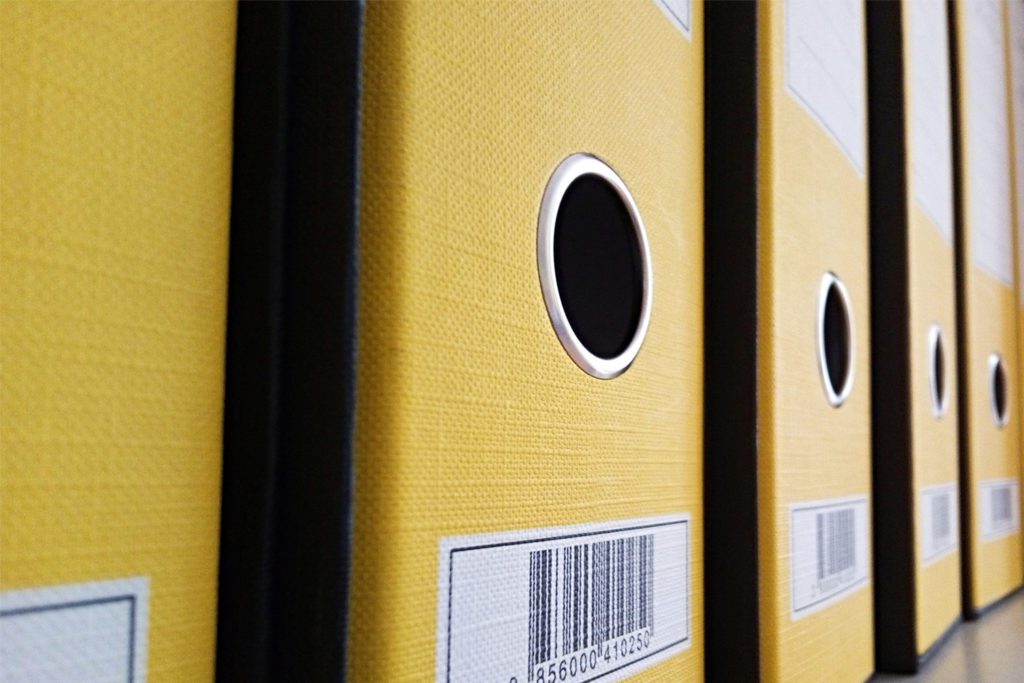Is a Former Shareholder That Was Ousted from a Corporation Entitled to Inspect the Corporate Records?
Reading Time: 5 minutes
After a shareholder is ousted from a corporation, is the shareholder still entitled to inspect the corporate records?[1] It is undisputed that Florida law only guarantees access to corporate records to present shareholders. Urfirer v. Cornfeld, 408 F.3d 710, 726 (11th Cir. 2005). However, what if the shareholder demands to inspect records before it is ousted from the corporation, while it is still a shareholder?
This article explains how to determine whether an ousted shareholder who made a demand to inspect corporate records before the ouster still has the right to inspect the corporate records. If the shareholder was improperly ousted, he or she may still be a shareholder, and would therefore be entitled to inspect corporate records. If the shareholder was properly ousted, the former shareholder would only be entitled to inspect the corporate records if it can identify a proper purpose.
An Improperly Ousted Shareholder is Entitled to Inspect Corporate Records
An improperly ousted shareholder may not lose its status as a shareholder. To see why, it helps to consider the statutory definition of “shareholder.” Fla. Stat. § 607.1602(10) states that a “shareholder” is “a record shareholder, a beneficial shareholder, or an unrestricted voting trust beneficial owner.” Fla. Stat. § 607.01401(64) states that “record shareholder” means either the “person in whose name shares are registered in the records of the corporation” or the “person identified as a beneficial owner of shares in [a] beneficial ownership certificate.” Fla. Stat. § 607.01401(7) states that a “beneficial shareholder” means “a person who owns the beneficial interest in shares.” Thus, while an improperly ousted shareholder may no longer be a “record shareholder,” a court may find that the shareholder continued to be a “beneficial shareholder.”
Clearly, courts have the ability to declare that one remains a shareholder or, vice versa, is no longer a shareholder. For example, in Urfirer v. Cornfeld, 408 F.3d 710, 726 (11th Cir. 2005), the plaintiff ex-husband demanded to inspect the corporate records before transferring his shares to his ex-wife pursuant to a settlement agreement in a divorce. He argued that he was still entitled to inspect the corporate records after transferring the shares. The Eleventh Circuit found otherwise. Although the plaintiff was a shareholder of record when he made the demand to inspect the corporate records on January 22, 2003, the divorce court had held that the plaintiff had no ownership rights in the stock as of June 1, 2001. Therefore, the plaintiff was collaterally estopped from claiming entitlement to inspect the corporate records.
Thus, the first inquiry to determine whether an ousted shareholder has the right to inspect the corporate records is a substantive inquiry into the merits of the ouster. If the ouster was improper, the ousted shareholder likely has the right to inspect the corporate records. However, if the ouster was proper—perhaps, for example, pursuant to a shareholder agreement—the shareholder only has a right to inspect the corporate records if it can identify a proper purpose, as more fully explained below.
Properly Ousted Shareholders Must Identify a Proper Purpose to Inspect Records
Where one has been properly ousted from a corporation after making a demand to inspect corporate records, the former shareholder is only entitled to inspect the corporate records if it can identify a proper purpose. Although no Florida case explicitly addresses this question, the case of Fritz v. Belcher Oil Co., 363 So. 2d 155, 158 (Fla. 3d DCA 1978) is instructive.
There, a shareholder demanded records under Section 607.157 of the Florida Statutes, which has since been repealed and replaced with Sections 607.1601 through 607.1604. The corporation refused to allow the inspection, and the shareholder subsequently sold its shares. The shareholder later sued the corporation for the statutory penalty that former Section 607.157 provided. Relying heavily on the case of McCormick v. Statler Hotels Delaware Corp., 203 N.E.2d 697, 702 (Ill. App. Ct. 1964), the Fritz court held that “one need not be a shareholder of a corporation at the time the case comes to trial, or even at the time the suit is filed” to recover the statutory penalty for refusing to allow an inspection of corporate records.
Although the Florida Statutes no longer provide for a statutory penalty, the McCormick case also addressed whether one is entitled to inspect corporate records after losing one’s status as a shareholder:
It was perfectly possible for the Court below to grant McCormick a penalty for the breach of duty owed to him and yet find he could not have the records at this point. . . . [It] is a different question from whether or not McCormick still has a right to see the lists. While he may have had a proper purpose at the time he originally sought the lists, we cannot see what purpose he could have in doing so now.
Therefore, unless a shareholder that is ousted from a corporation after making a demand to inspect corporate records can identify a proper purpose for inspecting the corporate records, it likely does not have a right to inspect the corporate records.
Conclusion
In conclusion, when a shareholder demands to inspect corporate records, but is subsequently ousted from the corporation, one should follow the two-step inquiry above to determine whether the person is entitled to inspect corporate records. However, the Florida Statutes do not specifically address this situation, and there is no caselaw directly on point, which is when intelligent and intentional advocacy can really pay off.
[1] This article uses the term “ouster” to refer to where a shareholder is stripped of their shares by actions of the board of directors. It does not consider the more common situation where a shareholder is “constructively ousted” or “oppressed.”


